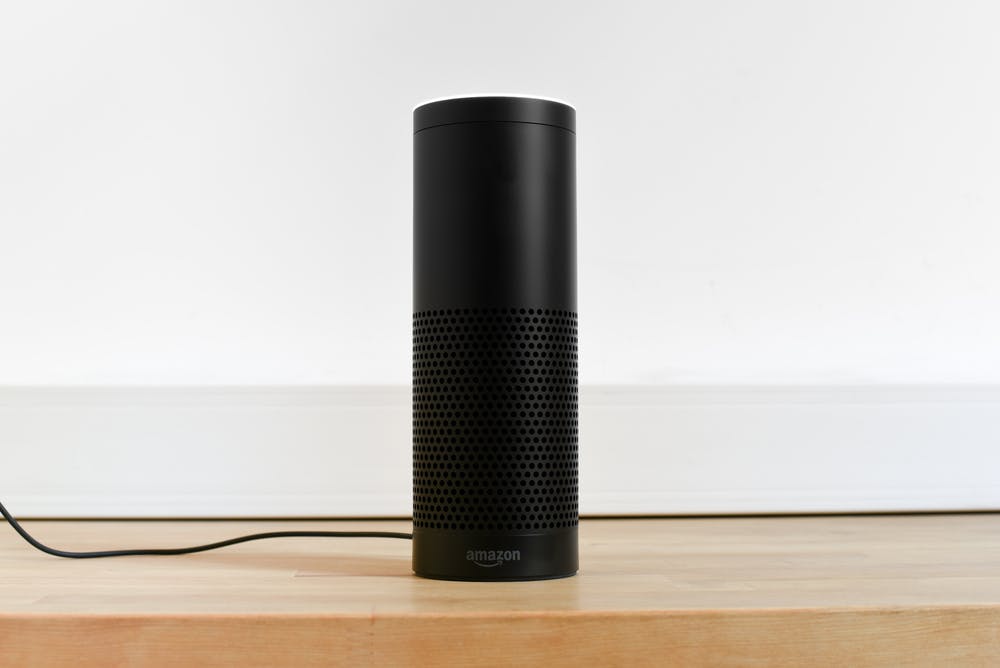This promises to be one of those years we will all remember. From politics to economics, from hard-to-find talent to algorithms and predictive analytics, this will be a year of emerging technologies and real changes in how we think and operate as recruiters. These are just four of the technologies or trends that will have a major impact on recruiting over the next few years.
Weird People — Weird Skills — Weird Employment
We will be asked to find people with skills and combinations of skills we have never heard of as technology challenges organizations to go in new directions and the quest for data safety, financial efficiency, and productivity ramp up. There will be more demand for roles such as augmented reality developers, drone developer/operators, organization architects, design thinking masters, sensory engineers, ethical hackers, block chain financial professionals, waste data managers, avatar relationship managers, and privacy managers to name just a few.
The complexity and mix of employee types will increase with more demand for part-time, contractor, and consultant roles. Juggling the various demands and helping hiring managers understand what the best type of hire would be for a role will challenge recruiters to gain a deeper understanding of the business.
Analytics and Predictive Analytics
We are already deeply immersed in the world of algorithms. Have you noticed that video is playing a bigger and bigger role in everything we do online? Facebook users are posting 75 percent more videos this year than last and at the end of 2015 were getting 8 billion daily views of videos, more than doubling from the previous year.
What you most likely don’t realize is that the videos you see on Facebook are chosen by algorithms that assess your interests by what you have posted and watched before. Are you a Pokemon Go player? Most likely you are either a player or know someone who is. Interactive games like this, along with video and algorithms, will continue to impact and change our lives.
Algorithms will begin help us find and assess candidates, perhaps through the growing use of chatbots, those little pop-up boxes that ask us and answer our questions when on a website. One of the recent ones is called Wade and Wendy. These messengers combine artificial intelligence, machine learning, and analytics to bring a rich and tailored experience to candidates. They learn as they go and get smarter over time as more people interact with them. In some cases, they can match a candidate to the position that best fits their skills and background.
There are other tools that assess a candidate’s personality, values, and interests from their social media profiles. Tools such as the IRIS by Watson uses machine learning to rank the priority and complexity of jobs. Related tools provide recruiting, marketing, and sourcing information. Other tools can demonstrate the impact of even small amounts of gender bias in an organization.
Interactive Voice Recognition, Mixed Reality, and Mobile Dominate
Computers will all but disappear into mobile devices. They will become as invisible as the electric motors or integrated circuits, for example, that are imbedded into everything from refrigerators and washing machines to automobiles.
Chatbots and other voice recognition apps will make it easy to connect with people, interface with a variety of machines, and carry out relatively complex tasks simply by speaking.
Mixed or augmented reality allows recruiters to recreate actual working environments and let candidates see what it might be like to work in your firm. These are already in use in some areas, such as mining, where knowing what the working conditions are is vital to acceptance and retention. The devices are plummeting in cost, and more people are available with the skills to develop the software and video needed to make them work. Look for more and more jobs being showcased in VR or AR.
We will speak with intelligent “beings” (I have no idea what to call them, so for now I will use “being”) such as Siri or Alexa, and they will do what we ask of them. We will say: “Find me a PHP software developer with a master’s degree who lives in the San Francisco Bay Area and is about to leave his current employer.”
These intelligent tools will be able to locate someone like this, assess their likelihood of leaving the current employer using predictive analytics, locate them with GPS, and provide you not only their names, but also a strategy for convincing them to consider a new opportunity based on an assessment of their personality.
The Power of Digital Influence Grows
Recruiting is quickly becoming an activity of creating and building relationships on a massive scale. While doing this in a small and local area is not new — especially for older recruiters who have spent years finding and nurturing top quality candidates — it has not been done on a large scale, across geography and across disciplines.
Digital influence is the ability to change create and change opinions and cause candidates to behave in certain desired ways by using social media, interactive career sites, and services like Glassdoor. Analytics will help us learn what attracts and engages potential candidates, what turns them off, answers why they look at one video but not another, and so on. Recruiters will begin to be measured on how effective their engagement strategies are and how efficiently they attract and convert potential candidates into actual candidates and hires.
There are many more trends that will impact all of us in recruiting — things such as global supply chains, the perils of predictive analytics, the impact of urban centers on recruiting, where robotics is taking us, and the changing nature of work itself. If you would like to hear more about these, join me at the ERE Recruiting Conference April 18-20 in San Diego where they will be part of my kickoff keynote.
